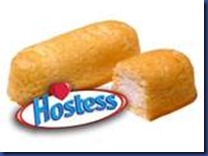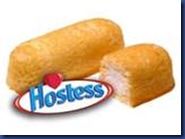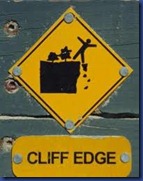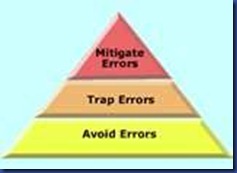 I was vacationing at Disney World when they announced the closure of Hostess. I wanted to add my own insights and lessons we can learn.
I was vacationing at Disney World when they announced the closure of Hostess. I wanted to add my own insights and lessons we can learn.
Many people remain shocked that the makers of Twinkies, Ding-Dongs, and Hostess Cupcakes closed their doors. They cannot believe that an American icon would fail. The signs indicating potential failure, however, glared like a freeway billboard directing you to the right off ramp.
Failure to Keep Your Product Niche
Hostess produced snack food. Most adults remember sucking the cream out of Twinkies or peeling the marshmallow covering off of a Hostess Snowball. Millions of consumers unwound their Ding-Dongs. Hostess maintained a loyal following—through the 60 and 80s.
Upon reflection, however, you will have noticed that Hostess had lost its product market niche in the last 15 years.
- Hostess failed to answer a growing demand for healthy or natural snacks
- Little Debbie, an upstart company that did not start selling packaged snacks until the 1960s, began taking shelf space. Soon Little Debbie displays took valued front of store end racks, leaving Hostess relegated to end racks at the back of the store
- Hostess relied on their old brand names with few new brands in the last 20 years
- Hostess purchased scores of companies in the 1970-1990s, yet failed to keep markets
Bewildering Ricochet Changes
Hostess experienced poor management, constant changes in leadership, and financial upheavals. The company could not sustain a workable business strategy. They:
- First filed bankruptcy in 2004 and named a new chief executive
- Stock prices fell from $34 $2.05 a to share
- Fought off a hostile takeover bid from Mexican baked good giant Grupo Bimbo
- Emerged from the bankruptcy in 2009 because a group of investors took them private
- Filed for bankruptcy a second time in 2011.
- Changed company names five times in one decade
- Stopped paying future pension benefits, breaking its contract with the union
- Bakery, Confectionery, Tobacco Workers and Grain Miller’s International Union resulting in a strike by the union
- Filed for closure on November 21, 2012
Thursday we will also discuss other ways companies run out of cash and fail









